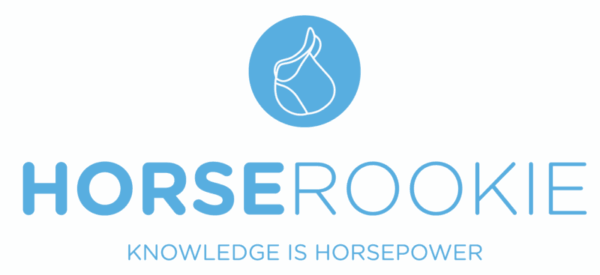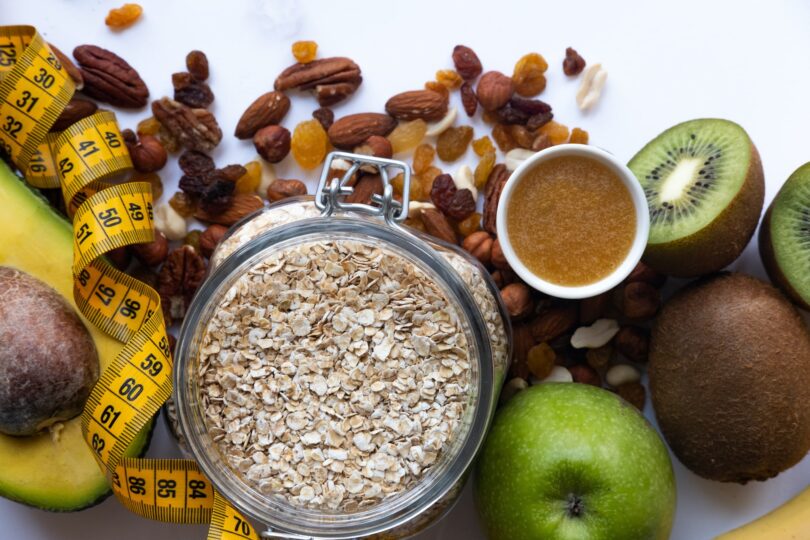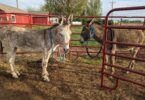“I’m eating clean” – No food is dirty (unless it’s literally a vegetable pulled straight from the soil), so in turn you can’t actually eat “clean”.
“This *insert name of “super-food”* will make you live forever in perfect health!” Food was never meant to cure all ails, let’s stop give it that power. No one food or meal has the ability to make or break your health (except in the case of allergies).
“Look at all that naughty food!” “Oh no, I better not sit by the brownies or I’ll eat them all”. Food isn’t naughty, or good or bad (unless it has actually turned bad) – it’s morally neutral. Food was never meant to be a weaponised against your body, in an effort to turn it into something that society deems perfect but that is unachievable for all but the smallest majority of the population.
As certain foods have been demonised nutrition has been overcomplicated. Sure eating in a generally healthy way can help to decrease our risk of developing certain conditions, or manage a condition that we might have. But there are also a LOT of other factors that impact our health, for example our genetics. Social determinants of health, factors that are beyond our control, like the environment we live in or our socioeconomic status also have a huge impact on our risk for developing a particular condition.
Adding to the confusion around food is the fact that we live in a time where health has been conflated with weight and body shape, and diets are dressed up as a lifestyle change.
We need food to survive, but more than that food can help us connect to our own bodies, our families, loved ones and communities. And most importantly it fuels us so that we can chase our dreams and live a life full of passion. Whatever that might look like. Perhaps these two factors are where the real power of food lay?
As a dietitian, I’ve wanted to talk more about food on this blog, but its been such a challenge to figure out how to do it in a way that felt authentic to me. I can’t even begin to tell you how many times I started writing a nutrition focused post only to discard it. It wasn’t until my friend Maddie from The Blonde and the Bay launched her latest project – The Equestrian’s Table, that I realised what was missing. I am fascinated by the power that food has to connect us when we stop obsessing over calories and fat grams and allow ourselves to enjoy food. I want to acknowledge right here that this is a far easier said than done, but if its something you are interested in, I strongly suggest that you investigate Intuitive Eating.
And it turns out that people far smarter than me have looked into this. I loved these quotes that I found in a research article which explored the relationship between food and emotions, “Eating behaviour goes beyond nutrition and alleviating hunger; family, friends, and cultural heritage shape individual food preferences. Food offering can be used to show affection to loved ones, to show hospitality to strangers, or to adhere to or express religious beliefs” and “Food items do not merely represent a means to satiety, but can also signify comfort or reward. For example, opening a bottle of champagne often signals a celebration of success” (Hamburg, Finkenauer and Schuengel 2014).
For me, something as simple as cooking a meal with my boyfriend, a glass of wine in hand and some music blasting or relaxed meals shared with my family are incredibly special.
So let’s stop the moralising and demonising of food and allow it to enhance our lives instead. Let’s centre self care rather than self control. Let’s use food to share time and joy with our friends, family and loved ones.
Disclaimer – This post is not intended to provide personalised medical advice, and does not replace speaking to your doctor or health care professional.
Reference:
Hamburg M, Finkenauer C and Schuengel C. 2014. Food for love: the role of food offering in empathic emotion regulation. Frontiers in psychology. 5: 32.







